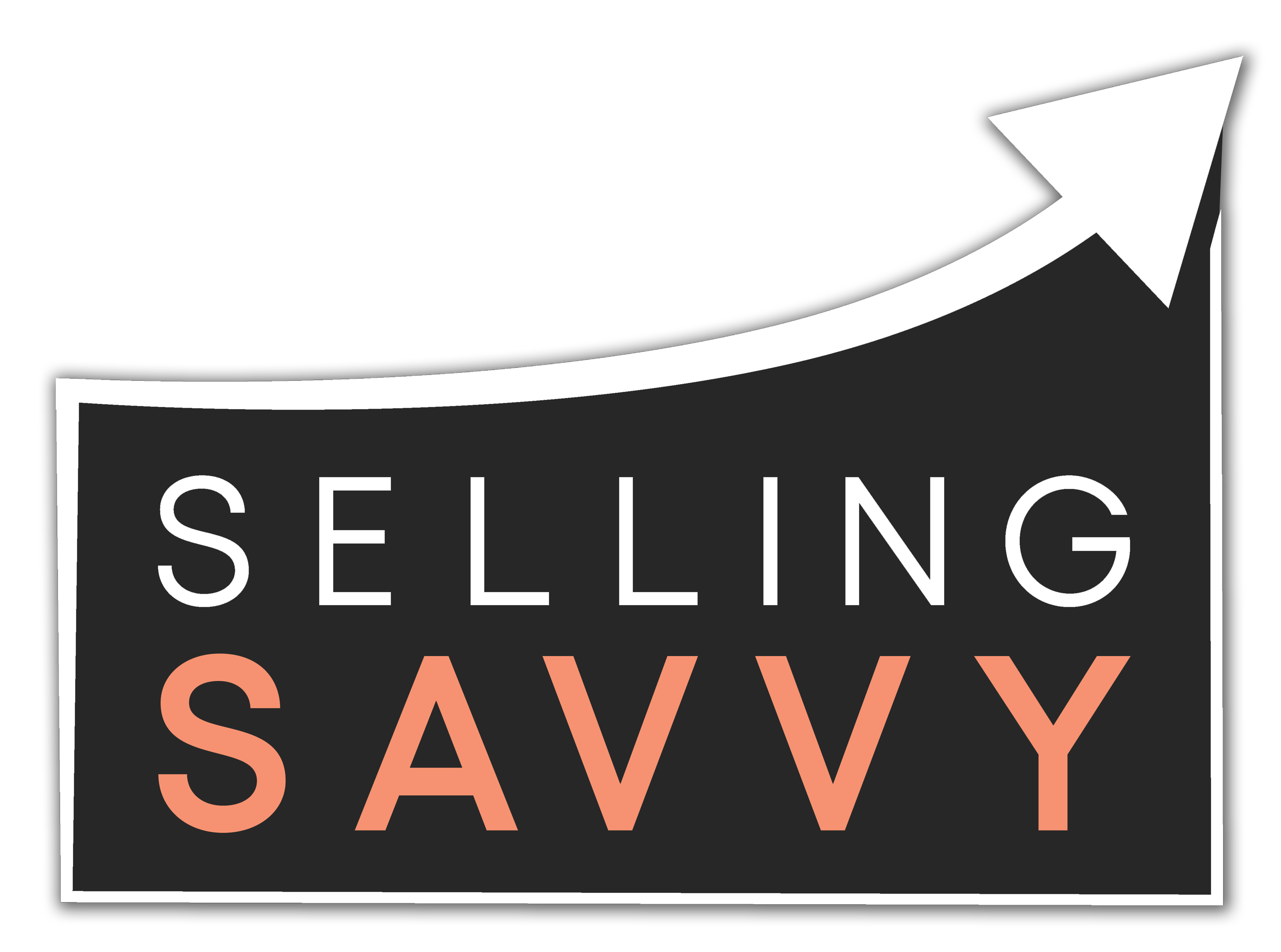Filtering strategy down to your team.
In a recent blog, we shared with you our 5 steps to creating a winning sales strategy.
This came with a warning: having a great strategy is wonderful but it is pointless if you fail to communicate it effectively to the rest of your team. Filtering strategy down to your team is perhaps the most important step towards a successful business.
You didn’t think we were going to abandon you halfway through the process, did you?
So, hopefully you found our advice useful and got working on your winning formula. You now have a clear idea of what success looks like in 3, 6 months, a year or 3. You have nailed how you will get there and who will play what role in accomplishing your vision.
Now then, how do you make sure you filter this information down to the right people, in the appropriate way to ensure you get buy in from all concerned?
Remember, with all the good will, hard work and talent in the world, you will not get there on your own. Even if you are a sole trader, it is highly likely you will need help to grow your business. Your “team” in that case might be your trusted partners, suppliers or maybe even the family and friends who constitute your support system.
So here are some steps you can take to communicate your strategy successfully:
- Clearly identify who owns what. Ownership and accountability will be the most important factors to your success. Confusion as to who does what will lead to decreased motivation and a lack of efficiency. Make sure your team members understand why they have been put in charge of a particular task or area of the business and explain how you are playing to their strengths. Use this as an opportunity to show your team their skills are valued.
- Tailor your delivery to your audience. Find out what motivates them and show them what’s in it for them. Present relevant information in a way that will be understood by all. For instance, a salesperson might be used to seeing lengthy reports but an operational person will want the streamlined version.
- Clearly explain how success will be measured and the resources available. Outline the important touchpoints and deadlines throughout the process.
- Give feedback. Tell your team members how they are contributing towards meeting targets and overall goals.
- But also be open to receiving feedback. Encourage input, questions and cross training. You might be able to make critical adjustments to the strategy based on what you get back from the team.
- Be consistent. The communication of targets and progress reports usually happen through daily, weekly, monthly or quarterly meetings – you need to decide what works best for you and your team. This can be time consuming and you will be tempted to skip one every now and then but you need to make them happen! This shows your team that you care as much as you expect them to. Focus on quality rather than quantity and make sure the information you share is succinct and relevant as well as easy to find. Use these meetings to work together on potential challenges you have identified and celebrate small wins.
- Show support. You want to empower your team to think and act for themselves but there will be bumps in the road, let them know you have their backs.
- I feel like I always end my tips on something like this but whenever possible, make it fun and exciting… as opposed to scary and daunting which highly ambitious targets might sometimes be perceived as.
By the way, this blog post was originally called “filtering your strategy to your SALES team” but I decided to be more inclusive after watching a Savvy Says called “Everyone is a salesperson” a couple of weeks ago (If you haven’t seen it, check it out here). We all know the devastating effect COVID has had on our sector and as a result the makeup of our teams is dramatically different to what it would have been 18 months ago. I cannot highlight the importance of sharing this message across the board enough.
If you are sharing your goals and targets with sales departments but failing to communicate the information with operational teams, you are missing a trick! Your front-line team members have a direct impact on revenue: they have the opportunity to upsell and ultimately, they are responsible for your clients’ experience and whether they will return or not. So, they need to know and understand that they play an important part in achieving the overall goal. People are more likely to work hard if they feel they are making a difference, wouldn’t you agree?




